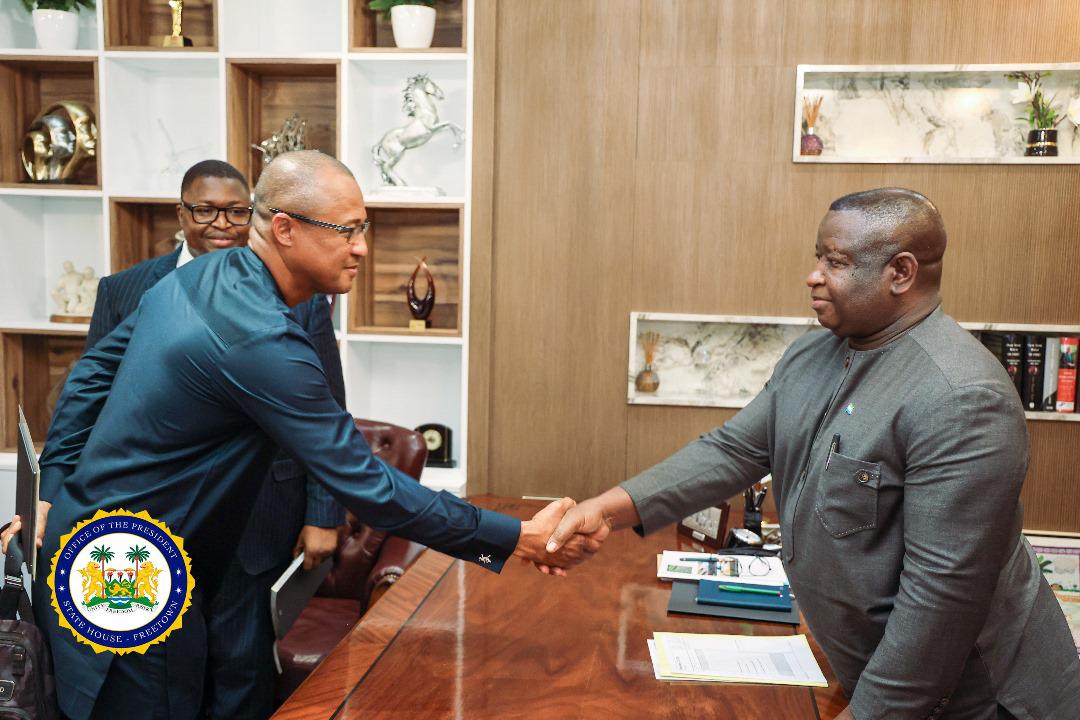By Alusine Fullah
Does Social Media affect election outcomes? A popular narrative holds that Twitter played a decisive role in both recent American presidential elections and the United Kingdom’s “Brexit” referendum.  Many see this as part of social media’s broader influence on political polarization and the re-emergence of populist politicians in many countries. The U.S. Federal Election Commissioner, for example, has argued that Facebook “has no idea how seriously it is hurting democracy
Many see this as part of social media’s broader influence on political polarization and the re-emergence of populist politicians in many countries. The U.S. Federal Election Commissioner, for example, has argued that Facebook “has no idea how seriously it is hurting democracy
Sierra Leone’s general elections in 2023 involved an unprecedented level of digital engagement. Traditional means of electoral information sharing, such as radio broadcasts and announcements printed in newspapers, were complemented—if not overshadowed—by messages spread online, primarily through social media platforms. Indeed, social media was used by political actors to engage with voters, by the National Electoral Commission (NEC) to uphold PDFs of official results to be shared online, by domestic civil society organizations, and by donor-funded projects that created online platforms allowing Sierra Leoneans to report incidents of violence through social media. This example and more suggests that the 2023 elections can be considered Sierra Leone most heated social media elections.
The campaigns of all the major parties (Sierra Leone People’s Party and the All People’s Congress) drew on social media, principally through messages urging people to vote for their candidates. The messages were posted on official facebook and twitter pages, but the prevalence of Whatsapp meant that the parties were also reliant on a network of supporters to act as online information distributors. While traditional media had previously been the primary avenue for sharing party news, the SLPP’s media strategist stated that in this election the party “Issue its press releases through social media first, believing it to be the most effective way of reaching the most people.” This paradigm shift meant that social media became a driving force for mainstream media, with news often circulating online first become being printed in the newspaper or aired on the radio.
While social media was a tool used by all parties, interviews with party officials from the APC and SLPP demonstrated differing views on the importance of social media in gaining votes. The SLPP expressed some scepticism over the value of social media in campaigns, and instead spent much more of their campaigns money on more conventional media such as large billboards and paid endorsement by popular musicians. The APC and other small parties took a more varied approach, with social media as an integral part of their engagement strategy. Both parties shared a belief that social media platforms and WhatsApp in particular, had given them greater access to citizens at much reduced cost.
Social media is now the buzzword in terms of electoral campaigns especially in a developing country like Sierra Leone.










